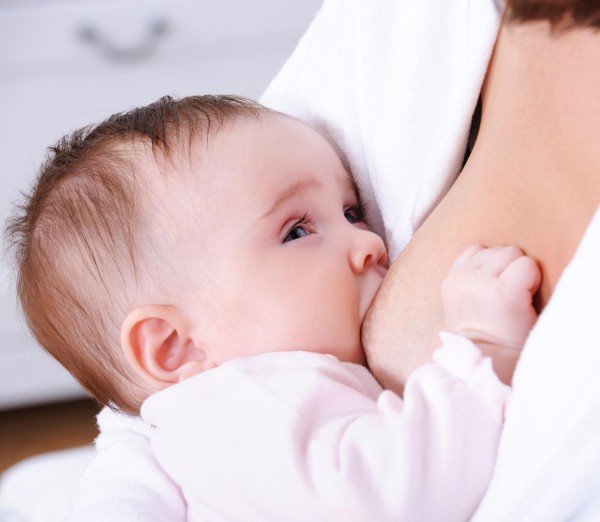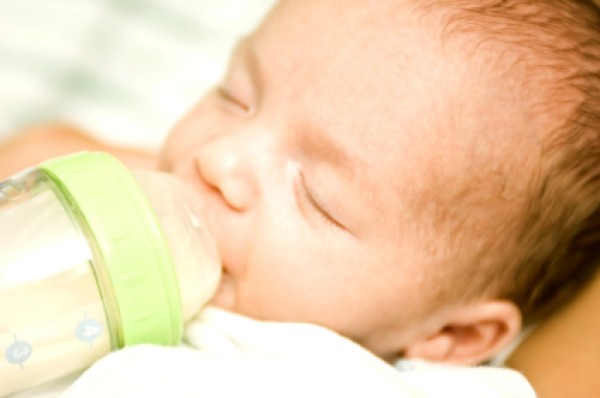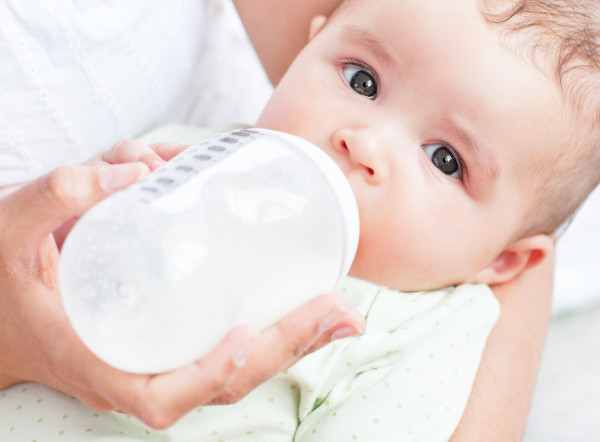What to do if your child is allergic to milk
It is undeniable that breast milk is the healthiest natural food for a baby. But there are times when, after feeding, the child has rashes on the skin. This is due to the fact that mom's milk contains allergens.
Content
A baby is allergic to breast milk - what to do
There is always a strong bond between mother and baby. Throughout pregnancy, the mother's body provides nutrition and protection to the baby. In the last weeks of pregnancy, the mother begins to produce milk. So right after birth kid will receive the necessary nutrition.
If the baby has such symptoms, then we can talk about allergies:
- Hives-like rash on the skin with itching.
- Digestive disorders.
- Lack of appetite and poor sleep.
Most often, the reason for such a child's poor health is the use of certain foods prohibited for a nursing mother. These include nuts, any citrus fruits, smoked products, red vegetables and fruits, unusual foods, protein-rich animal products. All this, even in a small concentration, can worsen the health of the crumbs and cause signs of allergies.
Often, young mothers are of the opinion that a large volume of hot sweet tea with added milk will increase milk production. In fact, this tea can cause colic in the baby, the appearance of frothy greenish feces. This is how a cow's milk allergy manifests itself. If you continue to consume such tea, the health of the crumbs will seriously deteriorate.
 Lack of a substance that breaks down gluten, can also cause allergies. Gluten is found in wheat, rye, barley, and oats. In order not to provoke such troubles, it will be correct to switch to gluten-free cereals after the birth of a child. These include rice, buckwheat, millet and corn.
Lack of a substance that breaks down gluten, can also cause allergies. Gluten is found in wheat, rye, barley, and oats. In order not to provoke such troubles, it will be correct to switch to gluten-free cereals after the birth of a child. These include rice, buckwheat, millet and corn.
Various chemical additives, found in abundance in modern products, can also negatively affect the condition of the child. Therefore, it is necessary to closely monitor the quality of the products that you purchase in the store. It is best to exclude such foods from your menu altogether.
Sometimes signs of allergy appear as a result of a deficiency of lactase, an enzyme that breaks down lactose. This condition can be acquired or congenital. Then, before breastfeeding, it is necessary to give the baby the missing enzyme, which is in deficit. If this is not possible, then the child must be fed with infant formula that does not contain lactose. If the baby develops a lactase deficiency after an intestinal infection, then the mother needs to adhere to a diet that excludes any sweet foods.
What to feed if your baby is allergic to milk
Some mothers are in a hurry to transfer the baby to artificial feeding when an allergic reaction to milk feeding is manifested. But this method can further exacerbate the problem. The reason is that almost every infant formula contains a strong allergen - cow's milk protein. In addition, the mixtures lack antibodies necessary for the baby's body.
Therefore, it is best to stick to a diet that excludes all foods that can trigger an allergic reaction. A young mom should eat:
- Green vegetables and the same fruits.
- Soups with cereals and vegetables.
- Dairy products.
- Rabbit or turkey meat.
- Rye flour bread.
- Green tea, compote and fruit drink.
You need to eat in small portions, fractional. In addition, you must drink at least two liters of fluids every day.
If the baby does not develop an allergy within a month, then you can consistently introduce new dishes into your diet. At the same time, do not rush, carefully observe the condition of the child after new products.




